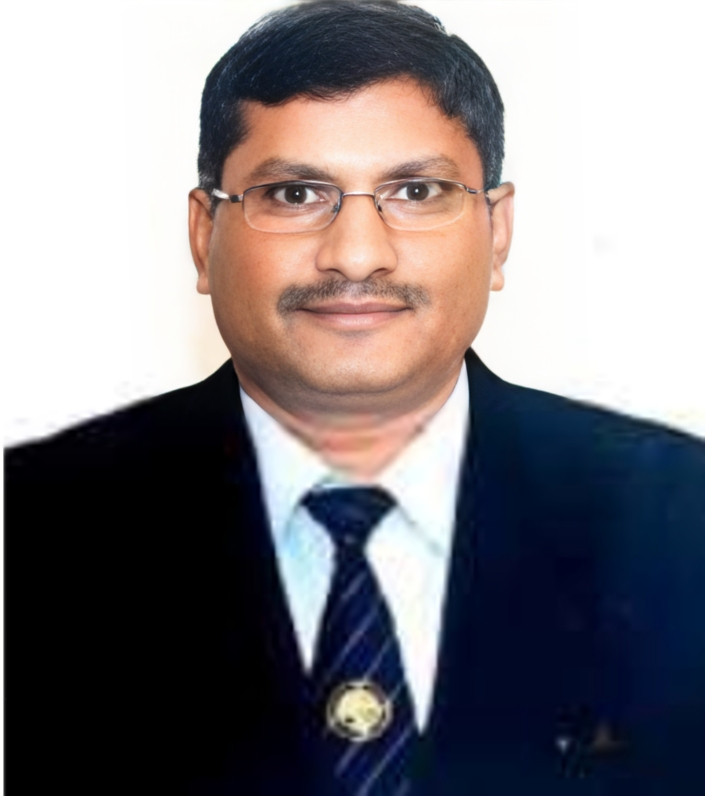DEPARTMENT OF CIVIL ENGINEERING
The Department of Civil Engineering at Shridevi Institute of Engineering and Technology was established in the year 2011-12, The Department offers undergraduate, postgraduate and research programs
The curriculum for both UG and PG programs is designed by VTU, Belagavi in such a way that students are well-prepared to meet industry requirements and also encouraged to pursue research in the vast and diverse areas of Civil Engineering specialization.
The department consist of a team of experienced, professionally and technically qualified faculty and staff members. It is also equipped with state-of-the-art laboratory facilities, including the Concrete and Highway Laboratory, Geotechnical Engineering Laboratory, Environmental Engineering Laboratory, Strength of Materials Laboratory, Fluid Mechanics Laboratory, Geology Laboratory, Surveying Laboratory, and CAD Laboratory.
OUR VISION
Impart quality education and skills needed to students for analyzing structures like buildings and their ability to withstand environmental aspects.
OUR MISSION
• Provide necessary training to students in the areas of Design, Construction and Management.
• Enhance the capabilities of students in the aspects of analysis and modelling.
HOD PROFILE

HOD MESSAGE
Hearty Welcome to Civil Engineering Department of Shridevi Institute of Engineering and Technology (SIET), Tumakuru.Our department is striving in providing good training facilities to students by Industrial interaction and training them to meet the Industrial requirements for placements. Our students are getting good placement and training activities, Skill development activities, involving them in Live projects and Internships Financial assistance is given to the students for project works selected under KSCST sponsored projects and VTU funded projects.
The Department of Civil Engineering primarily focuses on providing the necessary skills amd knowledge to students not only for construction of buildings but also providing the knowledge for the choice of materials to be used for constructing reliable sturdy buildings. The students would be able to analyze structures and also ensure that they are stable and have the ability to withstand environmental forces and loads. Students will be able to model their software for optimizing their design and ensure structural integrity.
On completing the course, students can choose the path of either being a building contractor or a transportation engineer or geo technical engineer.
Transportation engineers focus on the planning, design, and operation of transportation systems, including roads, highways, railways, airports, and ports. They work to improve traffic flow, enhance safety, and reduce environmental impacts through the development of efficient and sustainable transportation networks.Geotechnical engineers study the behavior of soil and rock materials and assess their suitability for construction projects. They analyze subsurface conditions, design foundations, slopes, retaining structures and mitigate risks associated with soil instability, landslides and earthquakes.
➊ Comprehensive Curriculum: Civil Engineering program offer a comprehensive curriculum covering fundamental principles and advanced topics in structural engineering, geotechnical engineering, transportation engineering, environmental engineering, and construction management.
➋ Hands-on Learning: Emphasis is placed on practical learning through laboratory experiments, fieldwork, and design projects, allowing students to gain practical experience in applying engineering principles to real-world problems.
➌ Cutting-edge Research: Opportunities for involvement in research projects enable students to explore innovative solutions to complex engineering challenges and contribute to advancements in the field.
➍ Industry Partnerships: Collaborations with industry partners provide students with internships. They bridge the gap between academic learning and professional practice.
➎ Sustainability Focus: With a growing emphasis on sustainability, programs integrate concepts of green building design, renewable energy, and environmental conservation into the curriculum thereby preparing students to address pressing global challenges.
➏ Professional Development: Workshops and seminars help students develop essential skills in communication, leadership and project management thereby enhancing their readiness for the workforce.
➐ Multidisciplinary Approach: The Students are encourage to combine aspects of different domains like architecture, urban planning and environmental science. This in turn gives a complete understanding a multi-dimensional aspects.
➑ Global Perspective:Students are provided with opportunities for taking courses designed by premium international institutes. This in turn helps the student to develop a broader perspective.
➒ Innovation and Entrepreneurship:
innovation and entrepreneurship are supported through initiatives such as incubators, startup competitions, and industry partnerships thereby empowering students to turn their ideas into viable solutions and ventures.


